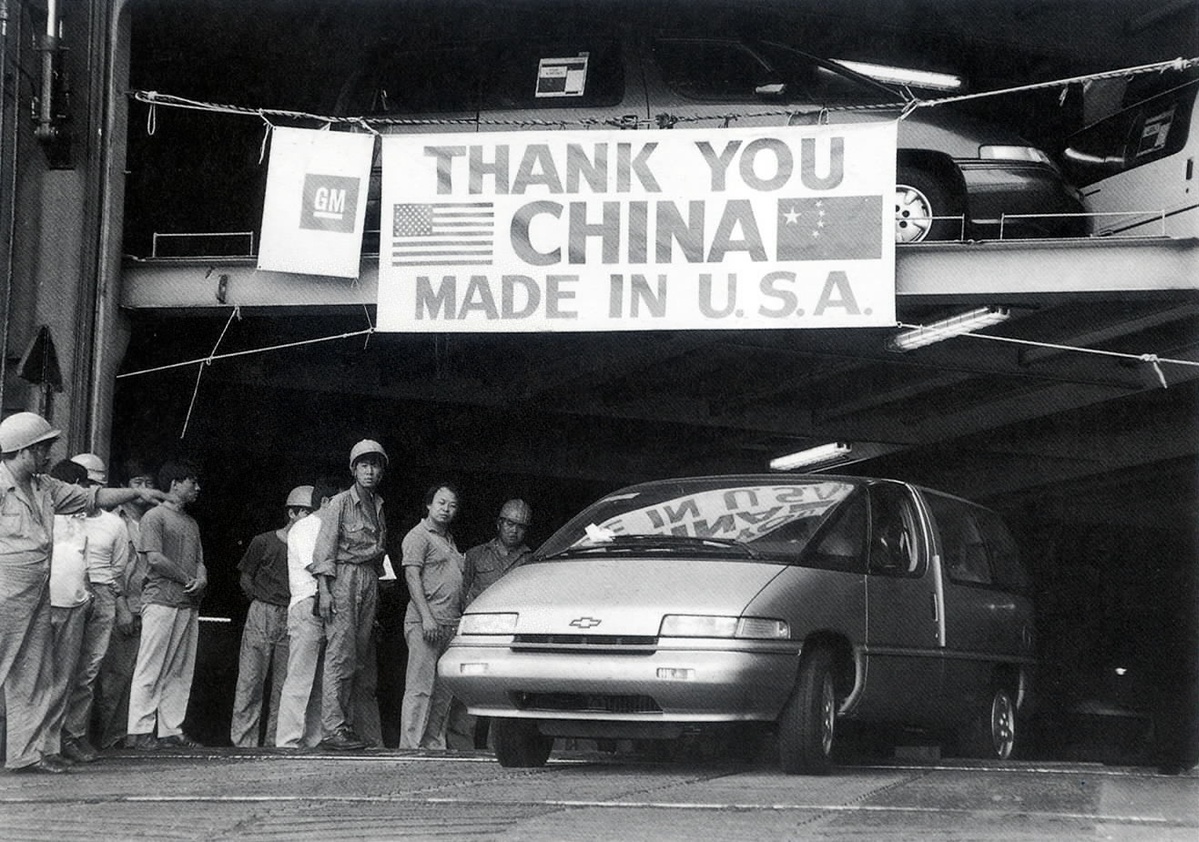WTO accession produces wide-ranging dividends
By CHEN WEIHUA in Brussels | China Daily | Updated: 2019-09-03 07:23

Nation now major engine for global economic growth
Editor's note: In "Footprint", a series of stories recalling important examples of China interacting with the rest of the world, we follow the path the country has taken in the past seven decades. This story is the first in the series.
When China joined the World Trade Organization in December 2001, then-premier Zhu Rongji said the 15 years of negotiations had caused "black hair to turn gray".
China submitted its application to join on July 10, 1986, seeking to resume its "contracting party status" at the General Agreement on Tariffs and Trade, the WTO's predecessor. This move later turned to talk of joining the WTO after the new global trade body was formed in 1995 to replace GATT.
On Nov 15, 1999, Zhu was instrumental in concluding the most-critical Sino-US talks on China's WTO accession, when both sides made concessions on seven deadlocked issues that had prevented a deal, according to China's chief WTO negotiator at the time, Long Yongtu.
Charlene Barshefsky, the US trade representative at the talks, was none too optimistic until Zhu intervened that morning to agree on three Chinese concessions.
Exhausted but excited, Barshefsky and Gene Sperling, director of the National Economic Council, called then-US president Bill Clinton from the Ministry of Foreign Trade and Economic Cooperation (now the Ministry of Commerce) in Beijing to tell him the good news.
Barshefsky recalled that they made the call from a restroom because it was the only quiet place they could find at the time for such an important call.
Clinton, who was on a trip to Ankara, the Turkish capital, was in the middle of a shower, but was told by his aide to take the phone call, as it was news of a breakthrough in the negotiations with China, which he considered a momentous issue.
























